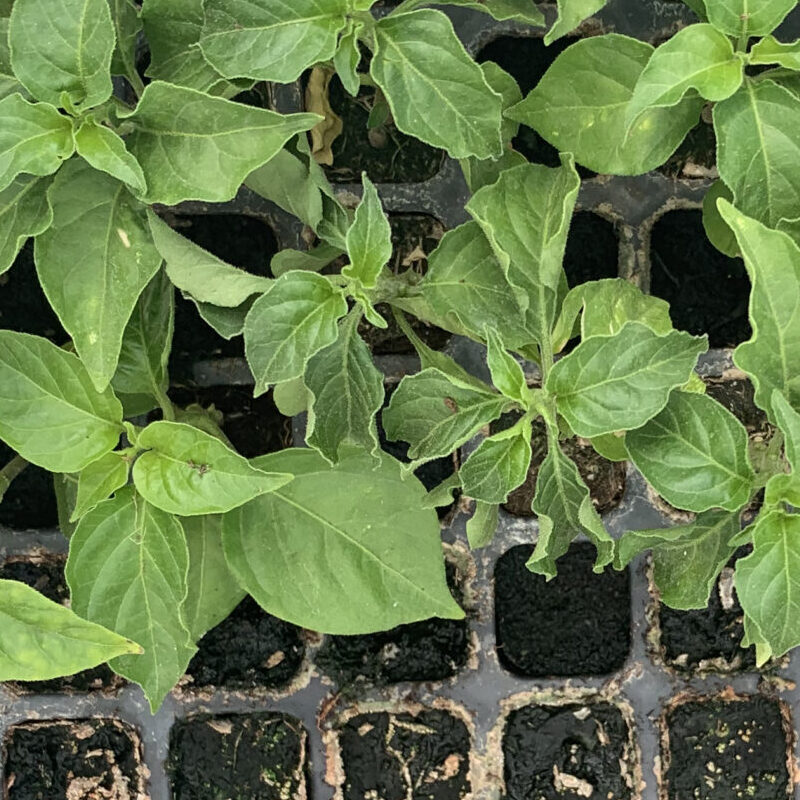The substrate in hydroponics plays a crucial role, providing structural support and serving as a medium for retaining and distributing water and nutrients. This article delves into the diversity of substrates used in hydroponics, including coconut fiber, peat moss, perlite, rock wool, and vermiculite. Each of these substrates has unique characteristics that influence its ability to promote plant growth, highlighting the importance of selecting the right substrate to optimize results in this soilless cultivation method.
Coconut Fiber
Coconut fiber, derived from coconut husks, is a widely used substrate in hydroponics. It is lightweight, retains water well, and offers a porous structure that allows adequate root oxygenation. Additionally, it is sustainable and environmentally friendly. Coconut fiber promotes root development and provides an ideal balance between water retention and drainage, making it a popular choice for a variety of crops.
Peat Moss
Peat moss, or sphagnum moss, is another common substrate in hydroponics. It comes from the partial decomposition of organic material in wet environments. It is acidic and lightweight, with excellent water retention capacity. Although effective, its use raises environmental concerns due to unsustainable peat extraction, leading to exploration of more sustainable alternatives.
Perlite
Perlite is an expanded volcanic mineral characterized by its lightweight nature and ability to retain water and air simultaneously. It provides excellent drainage and prevents substrate compaction, benefiting root growth. Perlite is suitable for crops requiring a well-aerated soil structure and is particularly valuable when combined with other substrates.
Rockwool
Rockwool is a substrate manufactured from volcanic rocks. It comes in blocks or granules and is known for its ability to retain water and provide a stable structure for roots. It is widely used in hydroponics, especially in soilless cultivation systems. However, its initial pH may be high, sometimes requiring adjustments to suit the specific needs of certain crops.
Vermiculite
Vermiculite is a mineral that, like perlite, expands when heated. It is lightweight and has an excellent capacity to retain water and nutrients. Vermiculite helps improve substrate structure and maintain a healthy root environment. Although versatile, its water retention capacity can lead to excess moisture in some systems, so it's important to balance its use with other substrates.
The choice of substrate in hydroponics is crucial for crop success. Each substrate has its own unique characteristics, and the right combination will depend on the specific requirements of crops and environmental conditions. Ongoing research in this field will contribute to the evolution of more sustainable and efficient practices in hydroponics.
Discover here el proceso de cultivo hidropónico en nuestros invernaderos




